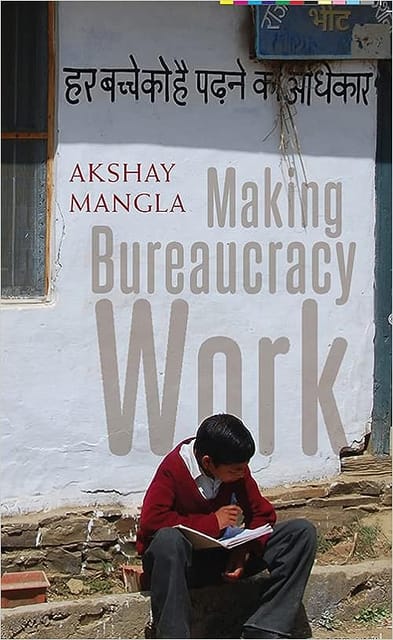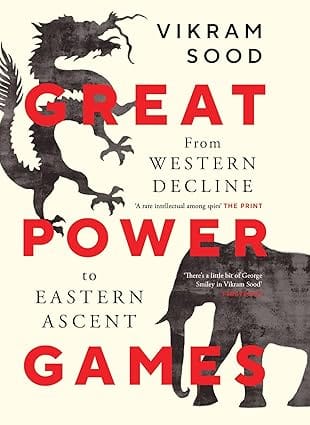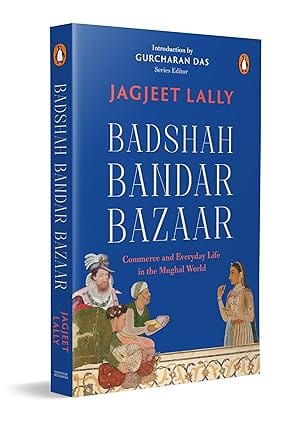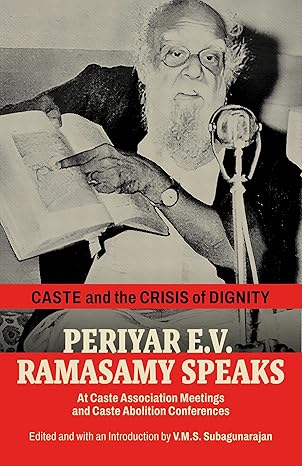WELCOME TO MIDLAND BOOK SHOP!
SHOP FOR
- Non-ficton
- Non-ficton
- Contemporary Fiction
- Contemporary Fiction
- Children
- Children
- Comics & Graphic Novels
- Comics & Graphic Novels
- Non-Fiction
- Non-Fiction
- Fiction
- Fiction
Shop No.20, Aurobindo Palace Market, Hauz Khas, Near Church +91 9818282497 | 011 26867121 110016 New Delhi IN
Midland The Book Shop ™
Shop No.20, Aurobindo Palace Market, Hauz Khas, Near Church +91 9818282497 | 011 26867121 New Delhi, IN
+919871604786 https://www.midlandbookshop.com/s/607fe93d7eafcac1f2c73ea4/677cda367903fd013d69b606/without-tag-line-480x480.png" [email protected]9788178246697 64e8a145c79aa17f1e568c89 Making Bureaucracy Work Norms, Education, And Public Service Delivery In Rural India https://www.midlandbookshop.com/s/607fe93d7eafcac1f2c73ea4/64e8a147c79aa17f1e568cdf/51o0mhudngl-_sx498_bo1-204-203-200_.jpg 9788178246697
What makes bureaucracy work for the least advantaged? Across the world, countries have adopted policies for universal primary education. Yet, policy implementation is uneven and not well understood. Making Bureaucracy Work investigates when and how public agencies deliver primary education in rural India. Through multi-level comparative analysis and extensive ethnographic research, Mangla opens the “black box” of Indian bureaucracy to show how differences in bureaucratic norms – informal rules that guide officials and their everyday relations with citizens – generate divergent implementation and outcomes. Some public agencies promote compliance with policy; others engage in deliberation and encourage flexible problem-solving with local communities, enhancing the quality of education services. This book reveals the complex ways in which bureaucratic norms interact with socio-economic inequalities, illuminating the possibilities and obstacles for bureaucracy to promote inclusive development.
in stockINR 636
1 1
Email ID already exists!
Your Current password is incorrect
Password Updated Successfully
Thanks for your Feedback
Making Bureaucracy Work Norms, Education, And Public Service Delivery In Rural India
ISBN: 9788178246697
₹636
₹795 (20% OFF)SIZE GUIDE
Sold By: Hauz Khas - Aurobindo Market
Details
- ISBN: 9788178246697
- Author: Akshay Mangla
- Publisher: Permanent Black
- Pages: 440
- Format: Paperback
Book Description
What makes bureaucracy work for the least advantaged? Across the world, countries have adopted policies for universal primary education. Yet, policy implementation is uneven and not well understood. Making Bureaucracy Work investigates when and how public agencies deliver primary education in rural India. Through multi-level comparative analysis and extensive ethnographic research, Mangla opens the “black box” of Indian bureaucracy to show how differences in bureaucratic norms – informal rules that guide officials and their everyday relations with citizens – generate divergent implementation and outcomes. Some public agencies promote compliance with policy; others engage in deliberation and encourage flexible problem-solving with local communities, enhancing the quality of education services. This book reveals the complex ways in which bureaucratic norms interact with socio-economic inequalities, illuminating the possibilities and obstacles for bureaucracy to promote inclusive development.
User reviews
NEWSLETTER
Subscribe to get Email Updates!
Thanks for subscribing.
Your response has been recorded.

India's Iconic & Independent Book Store offering a vast selection of books across a variety of genres Since 1978.
"We Believe In The Power of Books" Our mission is to make books accessible to everyone, and to cultivate a culture of reading and learning. We strive to provide a wide range of books, from classic literature, sci-fi and fantasy, to graphic novels, biographies and self-help books, so that everyone can find something to read.
Whether you’re looking for your next great read, a gift for someone special, or just browsing, Midland is here to make your book-buying experience easy and enjoyable.
We are shipping pan India and across the world.
For Bulk Order / Corporate Gifting
 +91 9818282497 |
+91 9818282497 |  [email protected]
[email protected]
Click To Know More
INFORMATION
QUICK LINKS
ADDRESS
Midland Book Shop - Hauz Khas
Shop No.20, Aurobindo Palace Market, Near Church, New Delhi
Shop No.20, Aurobindo Palace Market, Near Church, New Delhi














